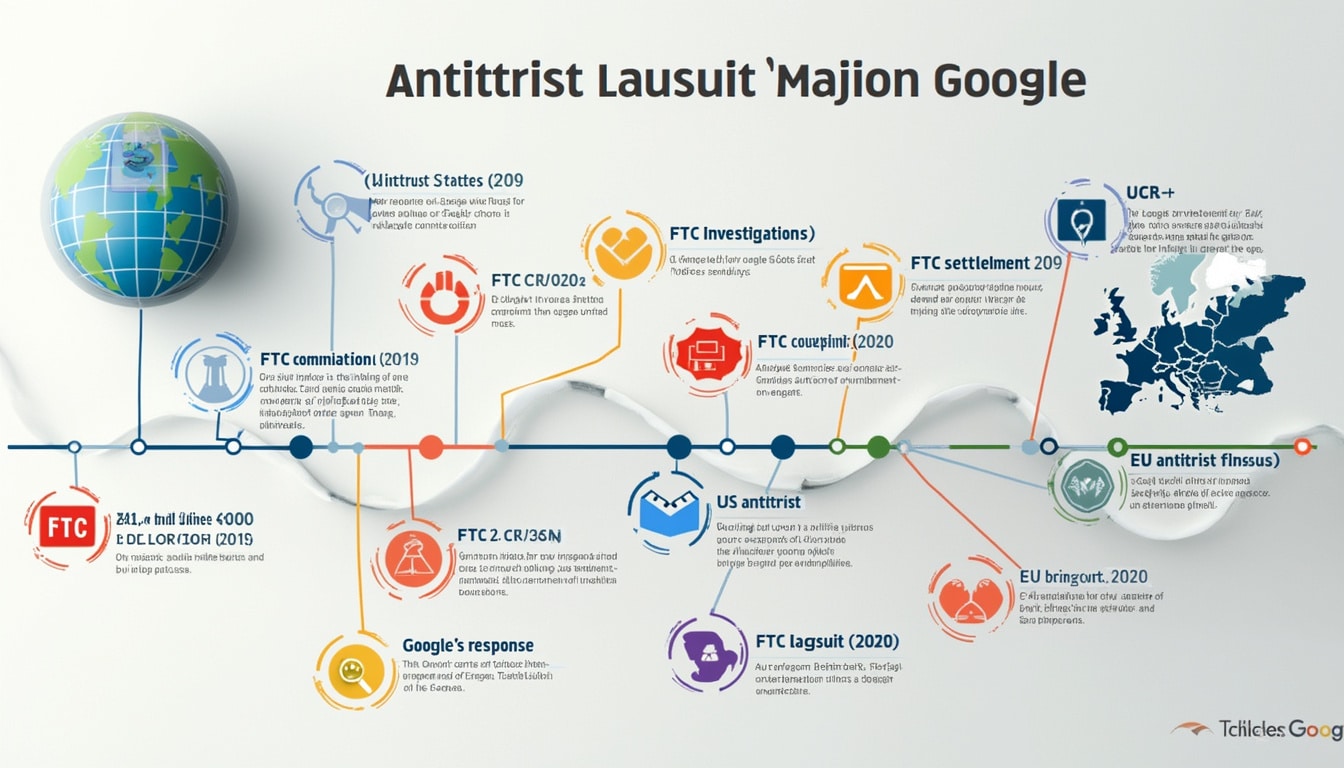In a world where remote work and digital technologies are redefining our lifestyles, the United Kingdom is taking a bold step into the future by considering granting digital workers a valuable right to disconnect. This initiative could transform the way we think about work, placing employee well-being at the center of priorities. Imagine a framework where productivity is measured not by the amount of hours spent online, but by balance and quality of life. Such a measure would not only be a breakthrough for professionals but also a strong message in favor of humanity in an increasingly pressured work environment. As this proposal takes shape on the horizon, it raises essential questions about employer responsibility, managing expectations, and the importance of restoring a healthy relationship with work.
Table of Contents
ToggleAn innovative project for digital workers
The new British government is planning a reform that could transform professional relationships in the digital age. This initiative aims to grant employees a right to disconnect, to protect them from an overload of work and to improve their well-being.
This change in the rules of work could also promote a better work-life balance. A senior government official emphasized that employee well-being is essential for maintaining their motivation and productivity.
A global trend
The United Kingdom is not the first country to take this initiative. Other nations, such as France and Australia, have already implemented laws on the right to disconnect. This underscores a growing trend toward establishing regulations that protect workers on a global scale.
British leaders are thus looking into practices from countries like Ireland and Belgium, where constructive dialogues between employers and employees are encouraged to establish work policies beneficial to both parties.
An issue of productivity
It is increasingly recognized that productivity is not solely measured by hours worked or time spent in front of the screen. Employers need to rethink their approach regarding employee performance by considering their well-being.
The risks of a “always-on” work state include burnout, which is already a concerning issue in the digital sector. By allowing employees to disconnect, the government also hopes to tackle this growing problem.
Next steps and challenges
This initiative places the United Kingdom at a crossroads. It will be crucial to determine the exact modalities for implementing the right to disconnect. This could involve:
- A reassessment of employment contracts.
- Concrete discussions about the expectations of each position within organizations.
Workplace monitoring may also evolve, shifting from a control logic to a supportive approach to foster a healthy and productive environment.
A necessary change
With productivity per hour of work lower than in many other nations, it is clear that the United Kingdom must reevaluate its work methods. A right to disconnect policy could enhance performance while preserving employee well-being.
In a world where the line between professional and personal life is increasingly blurred, such a reform seems essential for the growth of digital workers.
Impact and expectations
- Improvement of well-being: Reduction of stress and anxiety.
- Promotion of balance: Balance between professional and personal life.
- Positive effects on productivity: Encourages employee engagement.
- Organizational innovation: New adapted working methods.

RH : 5 conseils pour une déconnexion réussie pendant les congés d'été https://t.co/UheDAt40By
— focusrh (@focusrh) July 12, 2024










